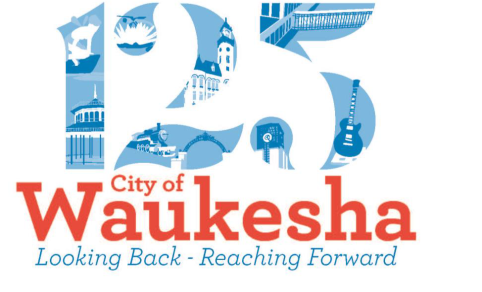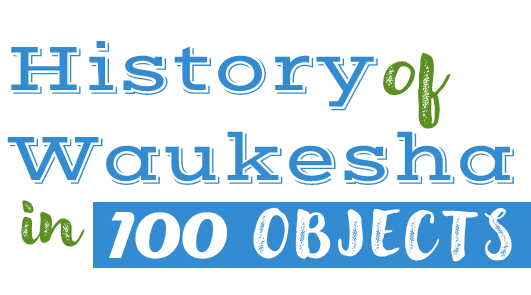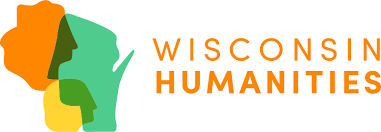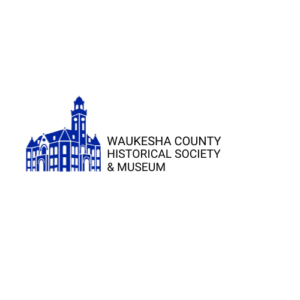
WCHSM is proud to be a community partner with the City of Waukesha to celebrate the 125h Anniversary of the City.
We’ll be participating in a number of events, in addition to opening a new special exhibition History of Waukesha in 100 Objects, offering a series of workshops April-September as part of Waukesha Unlocked, and along with Chef Jack’s Catering hosting the Celebration Gala in November.
Waukesha Unlocked: Property Research Workshop Series
To support businesses and owners participating in the October 2021 Waukesha Unlocked event, we will sponosor monthly hour-long workshops. Each month will present new resources and skills to research your property, and use that research to engage new audiences and customers.
Workshops will be held April – September. Sessions via Zoom at least until July.
Full Workshop Schedule & Registration Links
 FEATURE EXHBIITION
FEATURE EXHBIITION
ONLINE & ONSITE Exhibit
MARCH 2021 –
The City of Waukesha has many stories to tell. From an Italian nonna’s ravioli pot to a Tuskegee Airman’s service record, the proposed History of Waukesha in 100 Objects will showcase artifacts, documents, photographs, and ephemera.
Just as every person has a history to tell, collections of the WCHSM contain countless artifacts and archival materials that tell the cultural, social, economic, and political moments that join together to tell the history of the City of Waukesha. The 100 Objects of the exhibit are from both the collections of the Waukesha County Historical Society & Museum and on loan from community members and organizations.
The Waukesha County Historical Society & Museum is a proud community partner of the City of Waukesha in celebration of the city’s 125th Anniversary.
Support provided by:
Presenting sponsors

Waukesha County Community Foundation: William & Joanne Huelsman Family Fund
Lead sponsor
Dan & Cheryl Boehmke
Supporing
Sunset Dental
Funded in part by a grant from Wisconsin Humanities, with funds from the National Endowment for the Humanities and the State of Wisconsin. Any views, findings, conclusions or recommendations expressed in this project do not necessarily represent those of the National Endowment for the Humanities.

